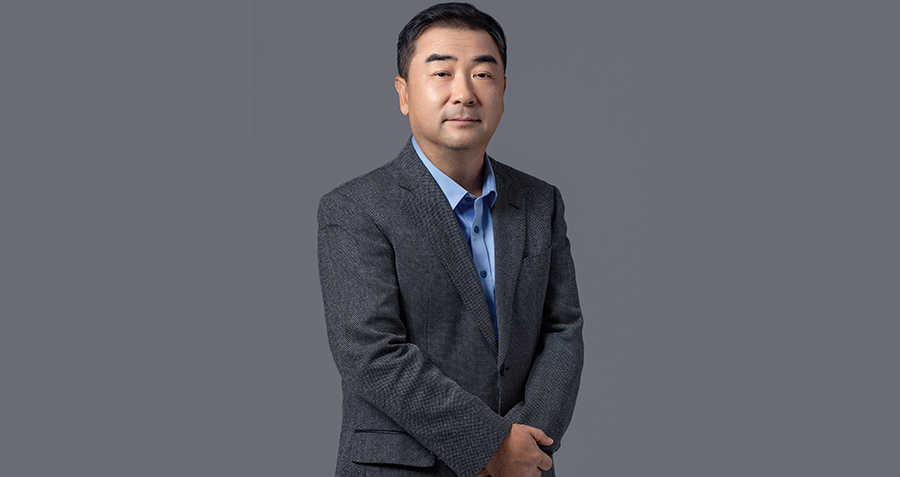This week, Lei Jun triggered memories of Steve Jobs at the launch of the new Xiaomi Note where he also discussed the company’s future; taxi-hailing app Kuaidi Dache got a fresh cash infusion; and the eternal question made a comeback: does China need more stimulus?
How long can prudent policy go?
A slew of economic data released this week has led some analysts to believe that more stimulus is inevitable to boost the slowing Chinese economy.
Last Friday, the National Bureau of Statistics said that consumer prices rose only 2% in 2014, far below Beijing’s target of 3.5%. This will give China’s central bank, People’s Bank of China (PBOC), more room to engage in monetary easing, such as cutting interest rates or the required reserve ratio (RRR). Morgan Stanley economists predicted earlier this week that the RRR cut would probably happen before the Chinese New Year (February 18), according to the Chinese media.
However, PBOC reiterated its commitment to continue a “stable” monetary policy in an online statement last Friday. On Wednesday, sources told China Securities News that PBOC has rolled over RMB 280 billion of mid-term lending facility (MLF) for targeted commercial banks, suggesting that authorities are still reluctant to adopt more aggressive easing measures. Because of PBOC’s prudent attitude, fresh data on Thursday showed that China’s aggregate social financing in 2014 shrank RMB 859.8 billion compared with the year before, while M2 money supply rose 12.2% annually, lower than the 13% official target.
Some analysts at Haitong Securities, a Chinese stock brokerage, argue that one reason of PBOC’s reluctance to loose policy is the boom of China’s stock market, according to Chinese magazine Caixin. The Shanghai Composite Index rallied more than 3% in January, despite a sudden tumble last week; and according to Reuters, China’s stock regulators will likely allow a wave of new share offerings this year, which will bring $20 billion proceeds in total.
The worry is that more easing would create asset bubbles in a stock market that still begs for reforms. According to Bank of America Merrill Lynch, there’s already a red flag. During the market rally at the end of last year, margin balance as a percentage of total market capitalization reached 2.4%, among the highest in the world (the percentage is similar to that of the New York Stock Exchange). This means that investors are borrowing at a record amount to buy stocks; in mid-2013, the ratio was only 0.9%.
Xiaomi’s answer to the iPhone 6 Plus
Chinese smartphone maker Xiaomi unveiled a new phone on Thursday afternoon, one that’s “lighter, thinner and bigger” than the iPhone 6 Plus. At the Apple-style product launch, Xiaomi CEO Lei Jun unveiled two Xiaomi Note models that sell at RMB 2,299 (about $370) and RMB 3,299 (about $530). The more expensive model of Xiaomi Note is the first Xiaomi phone that is priced more than $500. The iPhone 6 Plus costs $980 in China.
Except for telling scripted jokes and posing repeatedly for photographers during the event, Lei also responded to the criticism that Xiaomi has been facing in recent weeks. Lei told the audience that Xiaomi applied for 2,318 patents in China last year, among which 1,380 are invention patents. Lei said that he’s confident that Xiaomi is very serious about technology innovation and it would own “tens of thousands of” patents in the next 10 years. (To read more about Xiaomi and patents, click here.)
Lei also talked extensively about Xiaomi’s plan to build smart homes. He said that the company is working with partners, including home appliance giant Midea, to create a $4 module that can be installed on refrigerators, air conditioners and washing machines to make them smart and connected. In addition, Lei stressed that instead of developing all the products on its own, Xiaomi is just helping brand products made by its affiliated companies. “Xiaomi will continue to focus on just three products: the phone, the TV and the wireless router,” he said.
It only took Xiaomi four years to become China’s No.1 phone maker. But China’s smartphone market is cooling, as cheap handsets have penetrated every corner of the country. Mobile phone shipments fell almost 22% in 2014 from 2013, according to new numbers released this week by the Chinese Academy of Information and Communication, a central government think-tank; smartphone shipments, which made up 86% of all new phone shipments, fell 8.2% to 389 million.
Qualcomm’s fate in China?
Another problem for Xiaomi is that it may lose important protection from mobile chipmaker Qualcomm, which has been under a year-long investigation by Chinese authorities for violating the country’s anti-monopoly law. Industry analysts have warned that the probe may end the company’s cross-licensing model in China, under which Qualcomm’s clients are free to use each others’ patents, giving young players like Xiaomi a chance to grow without being afraid of intellectual property lawsuits.
According to Chinese tech blog TechWeb, people with knowledge of the matter said that the investigation has now ended. Qualcomm has agreed to change the way it collects patent fees in China, the source said, and also end its unique cross-licensing scheme. The decision is now waiting for approval from China’s State Council.
More money to burn for Kuaidi
The recent crackdown on ride-hailing apps in China apparently hasn’t affected investors’ appetite. On Wednesday, Kuaidi Dache, one of the main players in the business raised $600 million in the most recent round of fund-raising led by Japan’s Softbank and China’s Alibaba. Alibaba has been backing the company by investing more than $100 million in previous financing rounds.
Beijing government’s decision to deem illegal drivers who work for Kuaidi or Didi Dache’s chauffer services has triggered wide discussions in the media; many criticized the monopoly of the cab business while others support a certain level of regulation for newcomers.
Despite the crackdown, it seems that their services remain normal. Discount coupons are still circulating on Chinese social media, which sometimes make a ride on an Audi cheaper than one on a regular cab. An Alibaba spokesperson told South China Morning Post that the company is confident in Kuaidi’s future and remained committed to its growth.

















